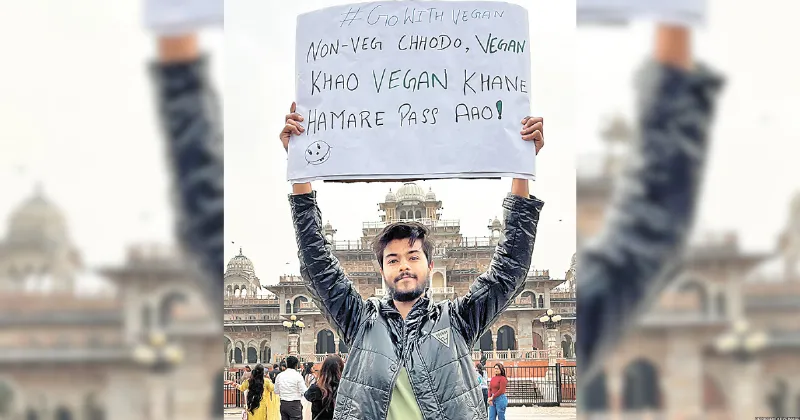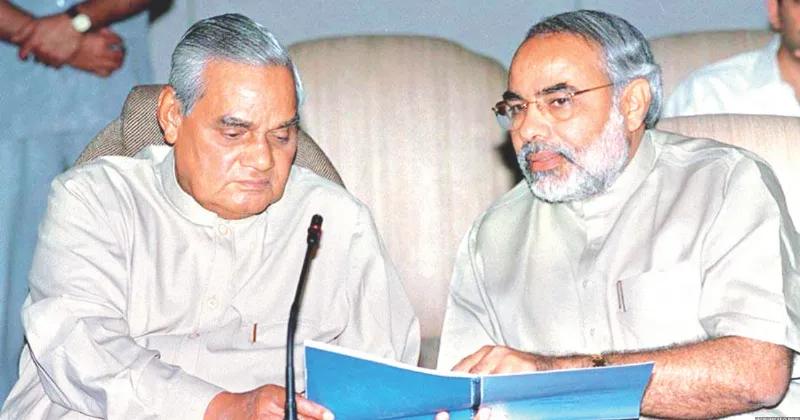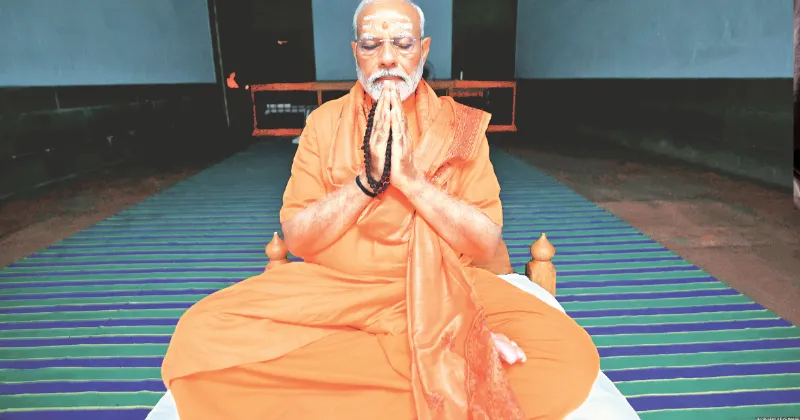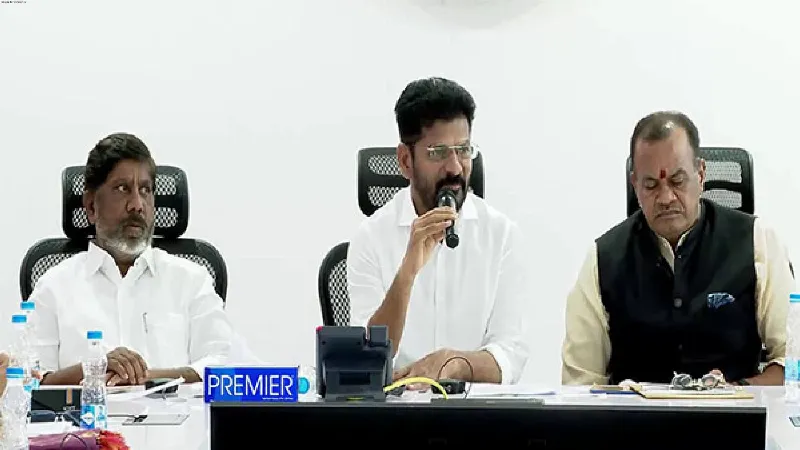Latest News
HOLIDAY SEASON ISN’T THE PROBLEM

It feels topsyturvy that holidays aren’t holy for most people, to go back to their original intention, or happy, which is the message of mass advertising. For many people, the overstimulation of the holidays is seen as negative–the proverbial drunk uncle at Thanksgiving, the predictable family squabbles, worrying over extra expenses, and having your schedule thrown off with last-minute shopping, etc.
There’s no reason to blame the holidays, the winter season, and other factors we can’t change. The problem lies in our attitudes and behavior. The more you follow a groove of habitual negativity, the more chance it will become a rut. Turning the problem on its head, you can see the holidays as an opportunity to raise your self-awareness. Getting through the holidays then becomes part of being on your path.
What works at this time of year is the same as the rest of the year, except that you need to be more attentive to pitfalls, beginning with stress. The first thing you need to do is to avoid putting the bodymind into an over-stimulated state. Keep in mind that too much of a good thing is stressful, too. The key points are
1. Don’t take on more than you can handle.
2. Ask for help from everyone who is part of your holiday.
3. Get enough good sleep.
4. Avoid alcohol, and eat moderately.
5. When you feel overwhelmed, walk away and return to a calm, more centered state.
Next comes psychological stress, which for many people is cumulative. As the holidays approach, there is an expectation and worry that bad things from the past will repeat themselves. This is a form of self-created stress. When you see its signs, sit down, take a few minutes to center yourself, breathe deeply, and if possible meditate. Your goal is to avoid getting into a self-generated state that remains in psychological overdrive.
Aim to maintain the state of calm and control that you enjoy at other times of the year. The keys are
1. Take extra downtime and inner time rather than less. Aim for at least 6 small breaks of 5 – 10 minutes a day where you can be alone, quiet, and centered.
2. Know your boundaries and ask others to respect them. When a situation is about to arise that will put a burden on you or stretch your coping skills, speak up and ask for change.
3. When you find yourself in a stressful situation, don’t try to solve it. You are under no obligation to stress yourself or add to the stress of others.
4. Make sure you are not the stressor. Whatever you wouldn’t want others to inflict on you, don’t inflict the same on them.
5. Avoid the temptation to rehash old battles and open old wounds. If either starts to happen in your presence, exit rather than participate.
Now you know the general guidelines for being calm and centered during the holidays. Since most people don’t follow these guidelines, there’s a high likelihood that a chance to change their behavior will fall into the category of “If only I had remembered to…” The key to implementing a better strategy is to practice it beforehand.
Visualization is a considerable help in this regard. Most holiday difficulties are predictable. You, your family, and everyone you know have been through the same repetitive behavior multiple times. Use this foreknowledge to your advantage, as follows:
Sit and visualize a typical holiday situation or predicament. See it vividly in your mind’s eye, and watch the elements play out, whether the circumstances are a crowded grocery store with long lines, an impossible wait at the post office, a political spat at the dinner table— anything that causes you to feel tense just thinking about it. As you visualize, breathe deeply and let the scenario play out while you remain centered. Repeat this a few times until you feel less triggered and stressed by what you see in your mind’s eye.
Next, be proactive with your visualization. See people moving and acting in a different way according to the outcome you’d like to have. Perhaps you see yourself going to the grocery store at an off hour, having a pleasant conversation with someone next to you in line, and acting cheerful to the cashier. At the dinner table when someone touches on a sensitive political or personal issue, see yourself excusing yourself from the table and taking time out. Or see yourself asking others if they want to join you in a time out together.
THE VIEWS EXPRESSED BY THE AUTHOR ARE PERSONAL
Deepak Chopra The writer is MD, FACP, FRCP founder of the Chopra Foundation, a non-profit entity for research on well-being and humanitarianism, and Chopra Global






















